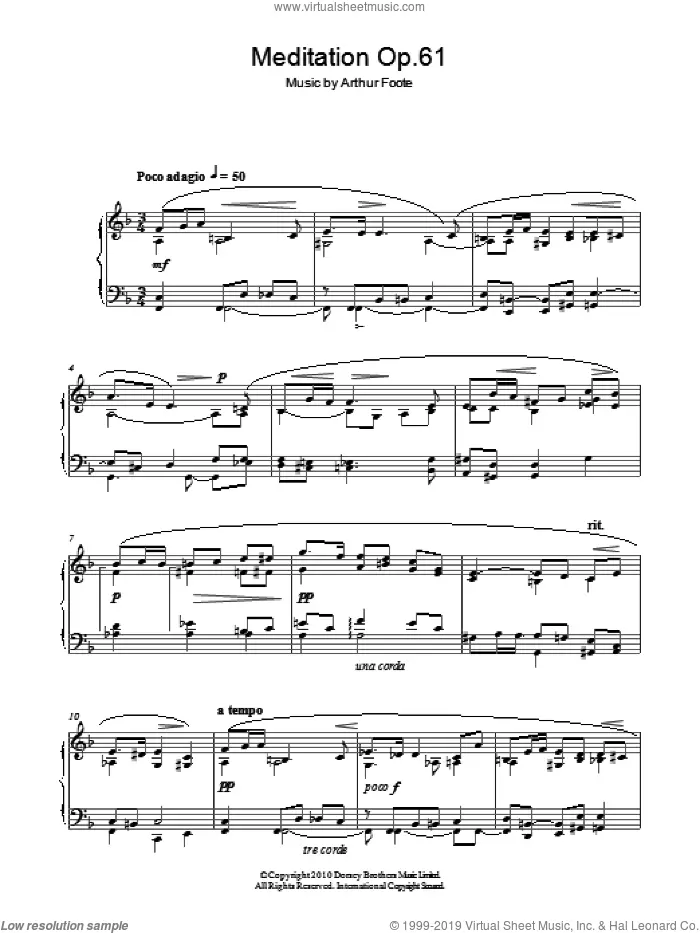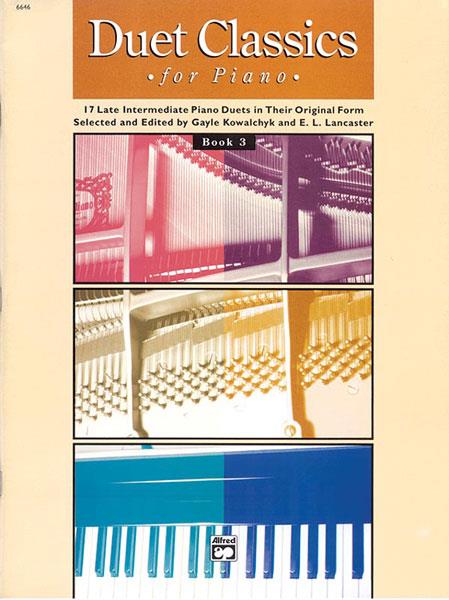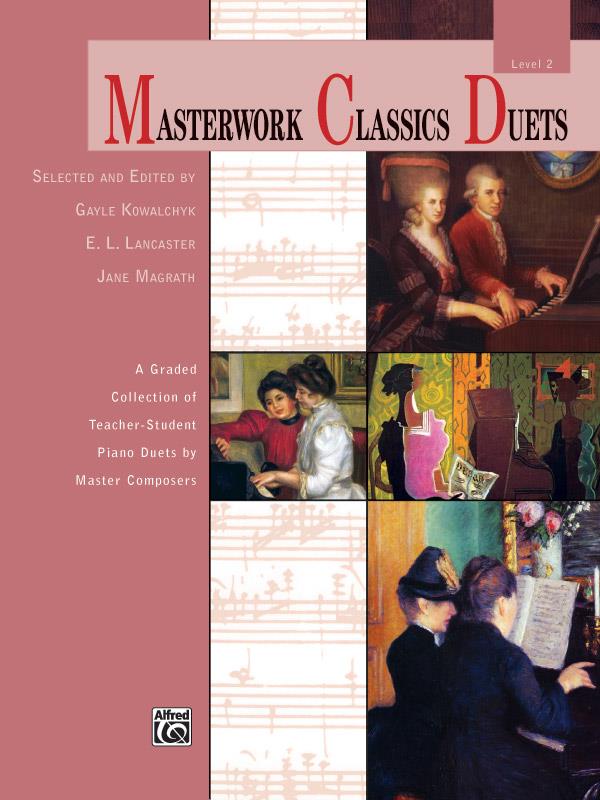Arthur Foote (1853 - 1937)
 États-Unis
États-Unis
 États-Unis
États-UnisArthur William Foote (5 March 1853 in Salem, Massachusetts – 8 April 1937 in Boston, Massachusetts) was an American classical composer, and a member of the "Boston Six." The other five were George Whitefield Chadwick, Amy Beach, Edward MacDowell, John Knowles Paine, and Horatio Parker.
Foote was appointed organist of the First (Unitarian) Church in Boston in 1878, remaining there 32 years. A Founder of the American Guild of Organists, he was one of the examiner's at the first Guild Fellowsh ... (Read all)
Source : Wikipedia
Foote was appointed organist of the First (Unitarian) Church in Boston in 1878, remaining there 32 years. A Founder of the American Guild of Organists, he was one of the examiner's at the first Guild Fellowsh ... (Read all)
Source : Wikipedia
FREE SHEET MUSIC
20 Preludes for the Pianoforte in the Form of Short Technical Studies (Op. 52)
Arthur Foote
Piano solo / 1 PDF
Search
1 9 17


 FOOTE: Summer night, Op. 53 no. 2 (transposed to C minor)
FOOTE: Summer night, Op. 53 no. 2 (transposed to C minor)
$9.99 #Vocal duet #Arthur William Foote #ArtSongTranspositions #AST Publications, LLC


 Christmas, Op. 80
Christmas, Op. 80
$40.00 #String Orchestra #Arthur William Foote #Kenneth Atkins #RÄ“sFacta Editions


 Sarabande (Downloadable)
Sarabande (Downloadable)
$6.00 #Arthur William Foote and Charl... #MorningStar Music Publishers - Digital Sheet Music


 Fugue, from Suite no. 1 (Op. 15)
Fugue, from Suite no. 1 (Op. 15)
$19.99 #Flute, Clarinet and Bassoon. #Arthur Foote #Angela Salvaggione #Angela Salvaggione

![]()
 Alla Siciliana from Gaelic Symphony for Brass Choir
Alla Siciliana from Gaelic Symphony for Brass Choir
$29.95 #Amy Marcy Beach #Richard Decker #Charles Decker Music Press


 Three Shakespeare Choruses for Trombone Quartet
Three Shakespeare Choruses for Trombone Quartet
$13.95 #Amy Marcy Beach #Richard Decker #Charles Decker Music Press


 Three Shakespeare Choruses for Horn Quartet
Three Shakespeare Choruses for Horn Quartet
$14.95 #Horn Ensemble #Amy Marcy Beach #Richard Decker #Charles Decker Music Press
More digital shop results ⇒
FOOTE: Summer night, Op. 53 no. 2 (transposed to C minor)



$9.99 #Vocal duet #Arthur William Foote #ArtSongTranspositions #AST Publications, LLC
Christmas, Op. 80



$40.00 #String Orchestra #Arthur William Foote #Kenneth Atkins #RÄ“sFacta Editions
Sarabande (Downloadable)



$6.00 #Arthur William Foote and Charl... #MorningStar Music Publishers - Digital Sheet Music
Fugue, from Suite no. 1 (Op. 15)



$19.99 #Flute, Clarinet and Bassoon. #Arthur Foote #Angela Salvaggione #Angela Salvaggione
Alla Siciliana from Gaelic Symphony for Brass Choir


$29.95 #Amy Marcy Beach #Richard Decker #Charles Decker Music Press
Three Shakespeare Choruses for Trombone Quartet



$13.95 #Amy Marcy Beach #Richard Decker #Charles Decker Music Press
Three Shakespeare Choruses for Horn Quartet



$14.95 #Horn Ensemble #Amy Marcy Beach #Richard Decker #Charles Decker Music Press
More digital shop results ⇒
| |||||||||||||||||||||||||||||||||||








































